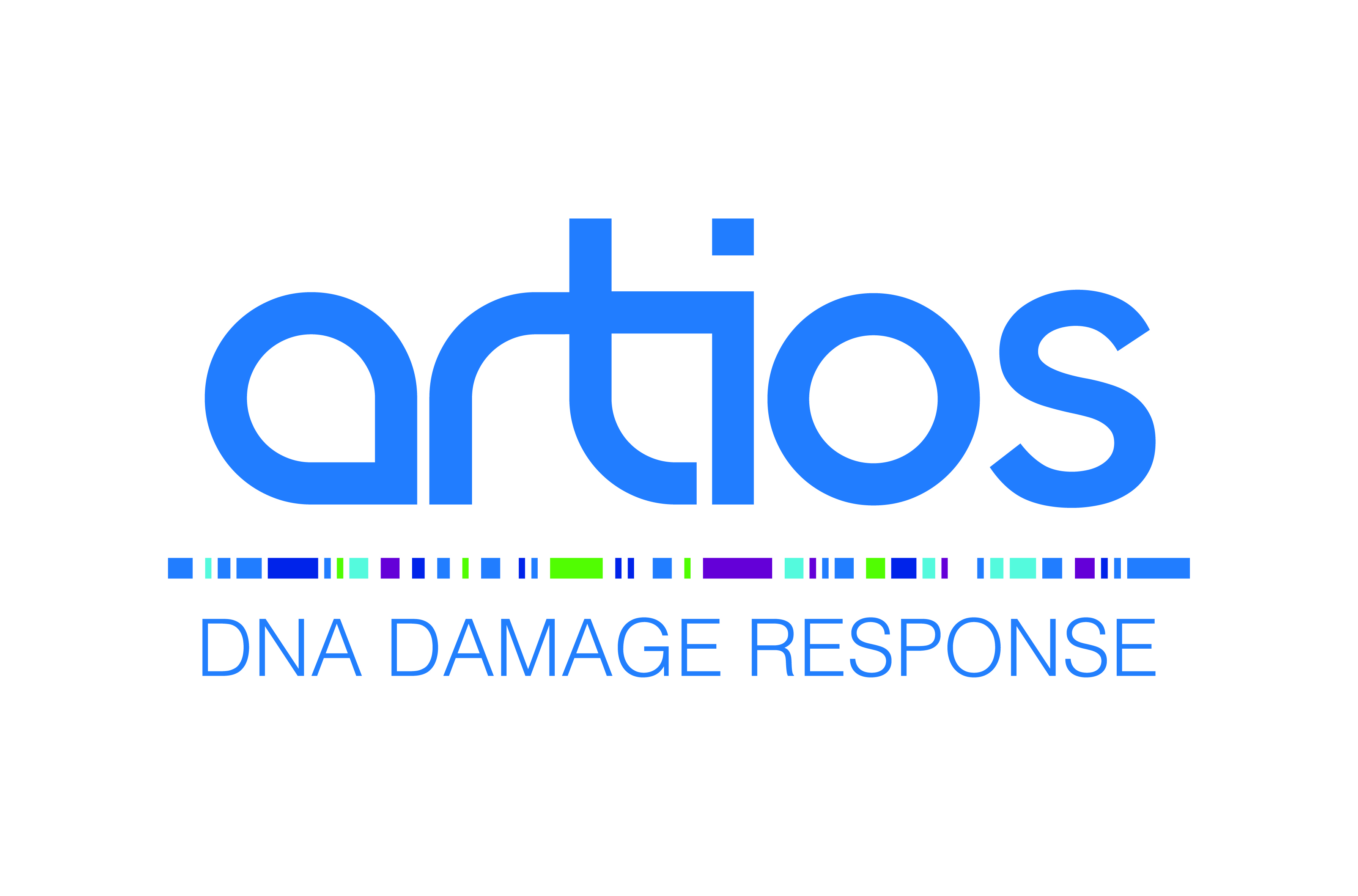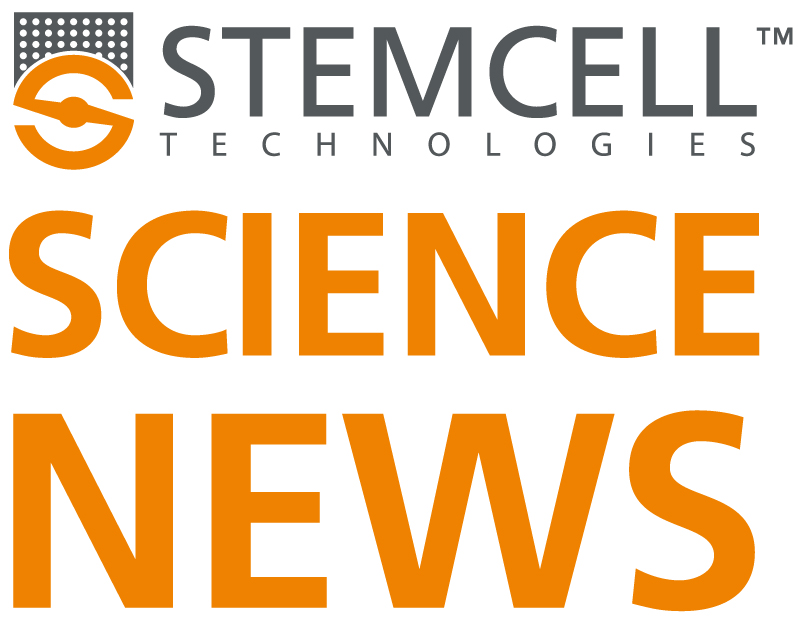- Home
- Past Conferences
- Targeting the DNA Damage Response for Cancer Therapeutics Conference
Targeting the DNA Damage Response for Cancer Therapeutics Conference
#DDRCT25
29 Jun - 02 Jul 2025
Lisbon, Portugal
-
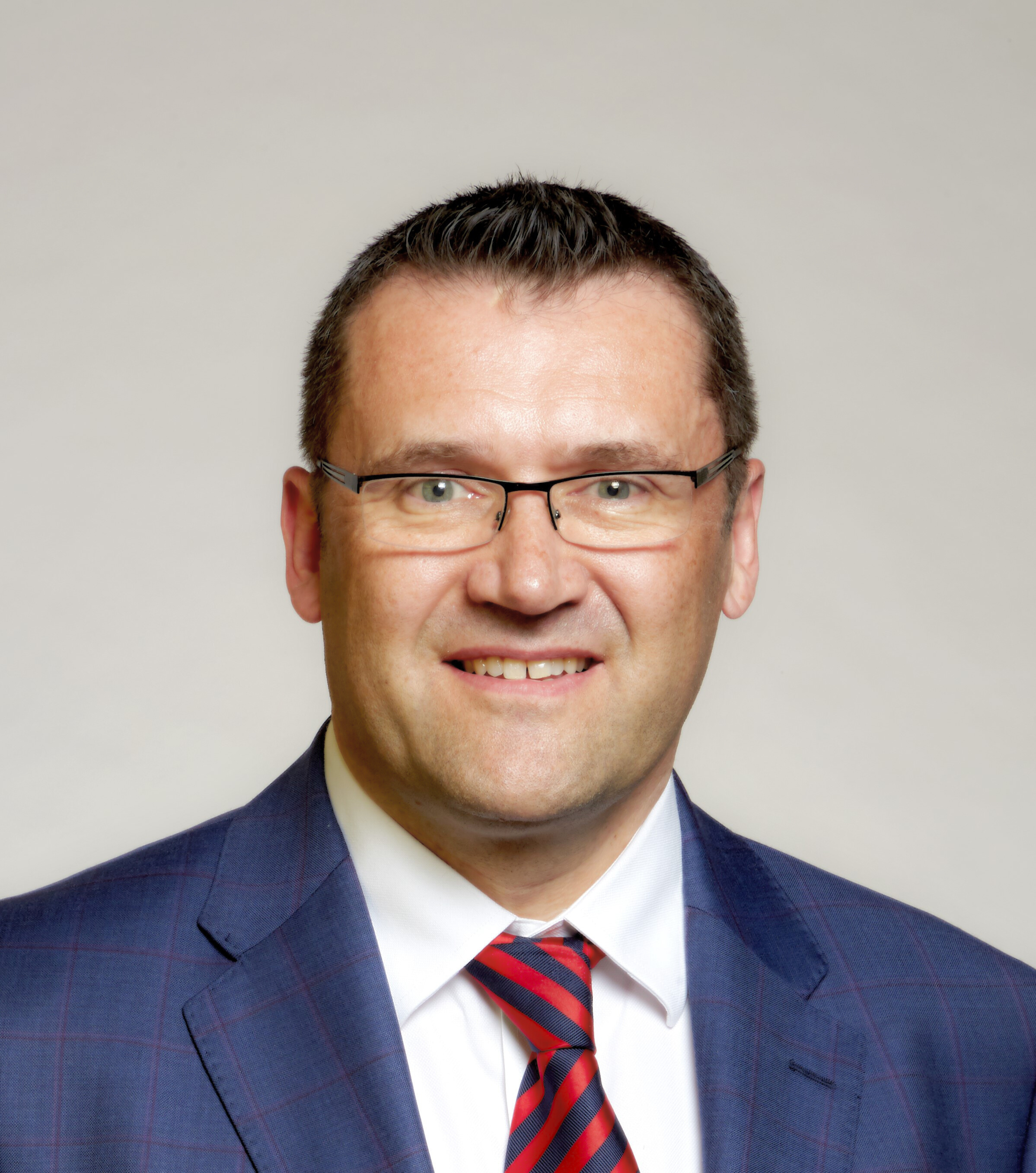
Simon Boulton
Francis Crick Institute / Artios Pharma
-

Mark O'Connor
AstraZeneca
Early Bird - Expired • Talk Submission - Expired • Poster Submission - Expired • Registration & Payment Deadline - Expired
Report
The inaugural Fusion conference on ‘Targeting the DNA Damage Response for Cancer Therapeutics Conference’ was held at the Dolce CampoReal Hotel near Lisbon. The meeting set out to discuss current developments in the use of PARP inhibitors in treating HRD cancers and how we can learn from this journey to best inform the strategy for combination therapies and the development of novel therapeutics targeting other cancer indications. Important discoveries were presented addressing PARP inhibitor resistance and exploiting other DDR vulnerabilities beyond HRD, such as a MSI and ALT. Exciting advances were also reported for PARPi combinations, ATR inhibitors in ATM-deficient cancers and WRN inhibitors in MSI tumours, amongst others. Rapid advances in biomarkers for patient stratification and the exploitation of emerging technologies for target validation and drug discovery provided a framework for further discussion.
Highlights of the meeting included four amazing Keynotes from Steve Jackson, Tim Yap, Andre Nussenzweig and Mark O’Connor, supported by several talks from leaders in the field, including Eloise Dray, Jo Morris, Chris Lord, Simon Boulton, Yves Pommier and Triparna Sen, to name a few, as well as selected talks from junior trainees. An important new development for Fusion conferences was the use of panel discussions covering current challenges in the field and insights into roles in academia, biotech and big pharma for early career trainees, which was a big success. Meet the expert dinners on each night and high-quality poster sessions facilitated productive interactions between established scientists and junior researchers. All participants enjoyed the inclusivity and family-feel of the meeting, which was enabled by the remarkable Fusion conference team, and in particular Emily the lead organiser. The meeting concluded with a gala dinner by the pool, dancing, and singing from AZ’s chief scientist in oncology!
We look forward to building on a highly successful first meeting, and to the next meeting in 2027.
- Simon Boulton (Crick Institute, Artios Pharma), Mark O’Connor (AstraZeneca).
Synopsis
An underlying hallmark of cancers is genomic instability and a greater propensity to accumulate DNA damage. Historical cancer therapy by radiotherapy and DNA-damaging chemotherapy is based on this principle but is accompanied by significant collateral damage to normal tissue and unwanted side effects. Targeted therapy based on inhibiting the DNA damage response (DDR) in cancers offers the potential for a greater therapeutic window by tailoring treatment to patients with tumors lacking specific DDR functions.
The DNA damage response (DDR) in cancer cells differs in at least four aspects compared to those of normal cells, namely the loss of one or more DDR pathway or capability leading to greater sensitivity to DNA damaging agents, increased levels of replication stress, increased potential for immune priming and the potential for a DDR dependency that could lead to sensitivity to a single DDR agent. An example of the latter is the synthetic lethality and clinical activity of PARP inhibitors in tumours with homologous recombination repair deficiencies such as BRCA mutant cancers.
This meeting will focus on the current approaches of targeting DDR to generate new cancer therapies from building on the clinical success of PARP inhibitors, identifying ways to exploit replication stress in cancers, enhance the potential for immunotherapy combinations as well as enhance the activity of targeted DNA damaging agents such as antibody drug conjugates (ADCs) and radioconjugates.
The meeting aims to bring together academics, translational biologists and clinicians who are working towards developing therapies based on targeting DDR in cancer and represents an excellent opportunity for networking and gaining broader insights into this exciting area of cancer biology and therapeutics through a number of panel discussions as well as presentations.
Key Sessions
- Current status of DDR therapeutics
- Building on the success of PARP inhibitors
- DDR therapeutic approaches based on DDR synthetic lethality
- Targeting replication stress in cancers
- Combining DDR inhibition with DNA damaging agents (chemotherapy/ADCs and potentiation of radiation/radio-conjugates)
- Combining DDR inhibitors with immunotherapy
- Enabling capabilities for DDR therapeutics
- The next generation of DDR new targets
Panel Discussions
- Challenges of therapeutic preclinical and clinical development
- Patient stratification and optimisation of drug safety /therapeutic index
- Career options in DDR drug discovery and development
Confirmed Speakers
Thanos Halazonetis (University of Geneva)
LANDSCAPE OF THERAPEUTIC APPROACHES TO TARGET DNA REPLICATION STRESS IN CANCER
Tim Yap (MD Anderson Cancer Center)
TARGETING THE DDR IN THE CLINIC: STATE OF THE ART
Steve Jackson (Cancer Research UK Cambridge Institute)
CELLULAR RESPONSES TO DNA DAMAGE: MECHANISTIC INSIGHTS AND MEDICAL IMPLICATIONS
Katie Chapman (Tessellate BIO)
SYNTHETIC LETHALITY OF FANCM INHIBITION IN ALT CANCERS
Eric Brown (University of Pennsylvania)
IMPACT OF DNA REPEAT SILENCING ON ATR INHIBITOR-DRIVEN GENOMIC BREAKS AND DRUG RESPONSES
Josep Forment (AstraZeneca)
TARGETING THE DNA DAMAGE RESPONSE IN CANCER TREATMENT
Helen Robinson (Artios Pharma)
COMBINATION OF THE ATR INHIBITOR, ART0380, WITH LOW DOSE IRINOTECAN FOR TREATING ATM-DEFICIENT TUMOURS
Triparna Sen (Icahn School of Medicine at Mount Sinai)
INTRATUMORAL STING PATHWAY ACTIVATION ENHANCES ANTI-TUMOR IMMUNE RESPONSES AND THERAPEUTIC EFFICACY OF ATR INHIBITION
Charlie Gourley (Cancer Research UK Scotland Centre)
HIGH GRADE SEROUS OVARIAN CANCER AS A REPLICATION STRESS EXEMPLAR: WHAT DOES RECENT DATA TELL US ABOUT EXTENDING POTENTIAL VULNERABILITIES?
Violeta Serra (Vall d'Hebron Institute Oncology)
HARNESSING STING SIGNALING TO OVERCOME PARP INHIBITOR RESISTANCE IN HOMOLOGOUS RECOMBINATION DEFICIENT BREAST CANCER
Alan Lau (AstraZeneca)
ATR INHIBITION POTENTIATES CANCER CHECKPOINT IMMUNOTHERAPY BY REGULATING THE TUMOUR ENVIRONMENT
Magda Kordon-Kiszala (intoDNA)
STRIDE AS A TECHNOLOGY PLATFORM FOR ACCURATE MEASUREMENT OF DNA BREAKS AND PRECISION IN ASSESSMENT OF DNA REPAIR FUNCTIONALITY AND REPLICATION STRESS STATUS IN HUMAN CANCERS
Ani Michaud (Promega)
QUANTIFYING COOPERATIVITY AND SYNERGY AT TERNARY COMPLEXES IN LIVE CELLS USING NanoBRET TARGET ENGAGEMENT
Chris Lord (Institute of Cancer Research)
HYPER EXPRESSION OF (DDR) SYNTHETIC LETHAL GENES IS A HALLMARK OF CANCER
Andre Nussenzweig (National Cancer Institute)
CHEMOTHERAPY TARGETS DEDUCED BY GENOMIC METHODS
Gabriele Picco (Wellcome Sanger Institute)
UNWINDING WRN DEPENDENCY IN MSI: EFFICACY, RESISTANCE, AND THE BIOMARKER WINDOW
Luke Piggott (Debiopharm International SA)
UNLEASHING THE THERAPEUTIC POTENTIAL OF SELECTIVE WEE1 INHIBITION
Yves Pommier (National Cancer Institute)
RATIONALE FOR COMBINING DDR INHIBITORS WITH TUMOR-TARGETED ANTICANCER DRUGS
Simon Powell (Memorial Sloan Kettering Cancer Center)
COMBINING DDR INHIBITORS WITH IONIZING RADIATION FOR OPTIMAL EFFECT
Junjie Chen (University of Texas, MD Anderson Cancer Center)
REPLICATION STRESS AND CELL CYCLE CHECKPOINT CONTROL
Wendy Fantl (Novartis)
COORDINATED PROTEIN MODULES DEFINE DNA DAMAGE RESPONSES TO CARBOPLATIN AT SINGLE CELL RESOLUTION IN HUMAN OVARIAN TUMOR CELLS
Michael White (IDEAYA Biosciences)
THERAPEUTIC EXPLOITATION OF TUMOR-SELECTIVE PARYLATION BY PARG INHIBITION
Kasper Fugger (UCL Cancer Institute)
DETOXIFICATION OF MODIFIED NUCLEOTIDES BY MTH1 SAFEGUARDS GENOME STABILITY
Ben Van Houten (UPMC Hillman Cancer Center)
SINGLE MOLECULE ANALYSIS OF PARP1 DNA NICK BINDING KINETICS: PROBING ALLOSTERY THROUGH INHIBITORS
Andrea Candelli (LUMICKS)
REVEALING MECHANISMS OF DDR INHIBITOR RESISTANCE THROUGH DIRECT SINGLE-MOLECULE VISUALIZATION OF PROTEIN–DNA BINDING DYNAMICS
Tiya Jahjah (CEA)
EXPLOITING REPRIMING-MEDIATED SINGLE-STRANDED DNA GAPS AS A CANCER VULNERABILITY
Jessica Kelliher (University of Arkansas for Medical Sciences)
MODULATION OF 53BP1 PHOSPHORYLATION ENHANCES DNA REPAIR AND CYTOTOXICITY OF T CELLS IN A SOLID TUMOR MODEL
Arne Nedergaard Kousholt (VUS Diagnostics)
PERSONALISING DDR TARGETED TREATMENT THROUGH CRISPR-BASED FUNCTIONAL GENE VARIANT ASSAYS
Petra Marttila (Luxembourg Institute of Health)
MTHFD1/2 INHIBITOR TH9619 TARGETS THE DNA DAMAGE RESPONSE AND CAUSES CANCER-SPECIFIC FOLATE TRAPPING WITH AN UNPRECEDENTED THERAPEUTIC WINDOW
Sarah Moser (Netherlands Cancer Institute)
NASP MODULATES HISTONE TURNOVER TO DRIVE PARP INHIBITOR RESISTANCE
Joanna Ruth Morris (University of Birmingham)
PERSPECTIVES ON STALLED REPLICATION FORK PROTECTION AND THE SUPPRESSION OF NASCENT DNA GAPS IN THERAPY RESPONSES FROM A NEW BRCA2 BINDING PARTNER
Leticia Dinatto Pereira (BC Cancer Research Centre)
MODELLING TOPOISOMERASE 1 PROTEIN INHIBITION WITH DOMINANT-NEGATIVE MISSENSE MUTANTS
Elizabeth Stephens (University of British Columbia)
REVEALING THERAPEUTICALLY RELEVANT STATES OF COHESIN THROUGH DOMINANT-NEGATIVE MUTATIONAL MAPPING OF SMC1 AS A SYNTHETIC LETHAL ANTI-CANCER APPROACH
Corinna Wolf (Merck Healthcare KGaA)
ASSESSMENT OF NOVEL APPROACHES FOR PREDICTION OF RESPONSE TO DNA DAMAGE RESPONSE INHIBITORS
Target Audience
DDR researchers/clinicians in academia, biotech, pharma and healthcare.
Educational Need
Following the success of PARP inhibitors for the treatment of a range of Homologous Recombination Repair (HRR) deficient cancer types, considerable effort has been made to identify new chemo/radio combination opportunities and novel targetable vulnerabilities in cancers harbouring DDR deficiencies and heightened replication stress. Several of these targets and their combinations are currently in clinical trials with the promise to expand the repertoire of drugs that can be utilised for cancer therapy. This meeting will provide a unique forum for discovery scientists from academia, biotech and pharma and medical oncologists and radiologists to present and discuss their latest discoveries and clinical trial data to the community. With meet and greet sessions and panel discussions with key opinion leaders, we anticipate that this meeting will provide an ideal educational opportunity for early career scientists and clinicians who are new to or wish to enter this space. A meeting of this kind is currently lacking and would provide an ideal platform for idea exchange, networking and the establishment of new collaborations.
Confirmed Speakers
Chairs

Simon Boulton
Francis Crick Institute / Artios Pharma

Mark O'Connor
AstraZeneca
Plenary Speakers

Thanos Hazelonetis
University of Geneva

Steve Jackson
Cancer Research UK Cambridge Institute
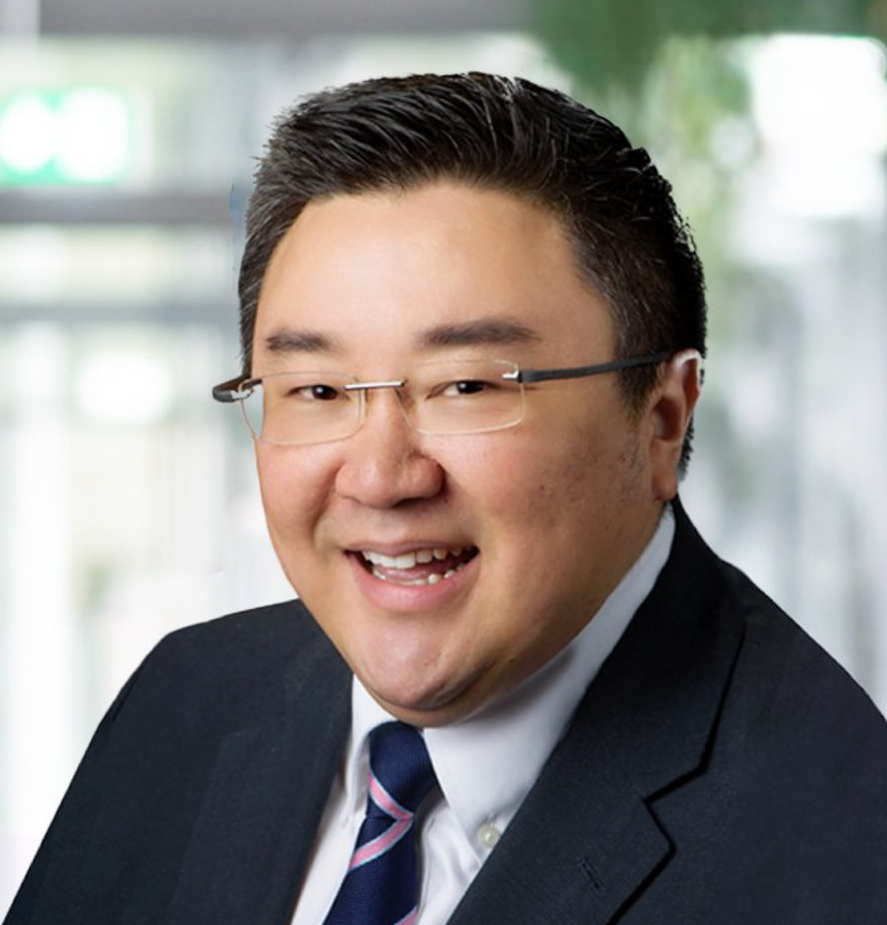
Tim Yap
MD Anderson Cancer Center
Invited Speakers

Eric Brown
University of Pennsylvania

Katie Chapman
Tessellate Bio
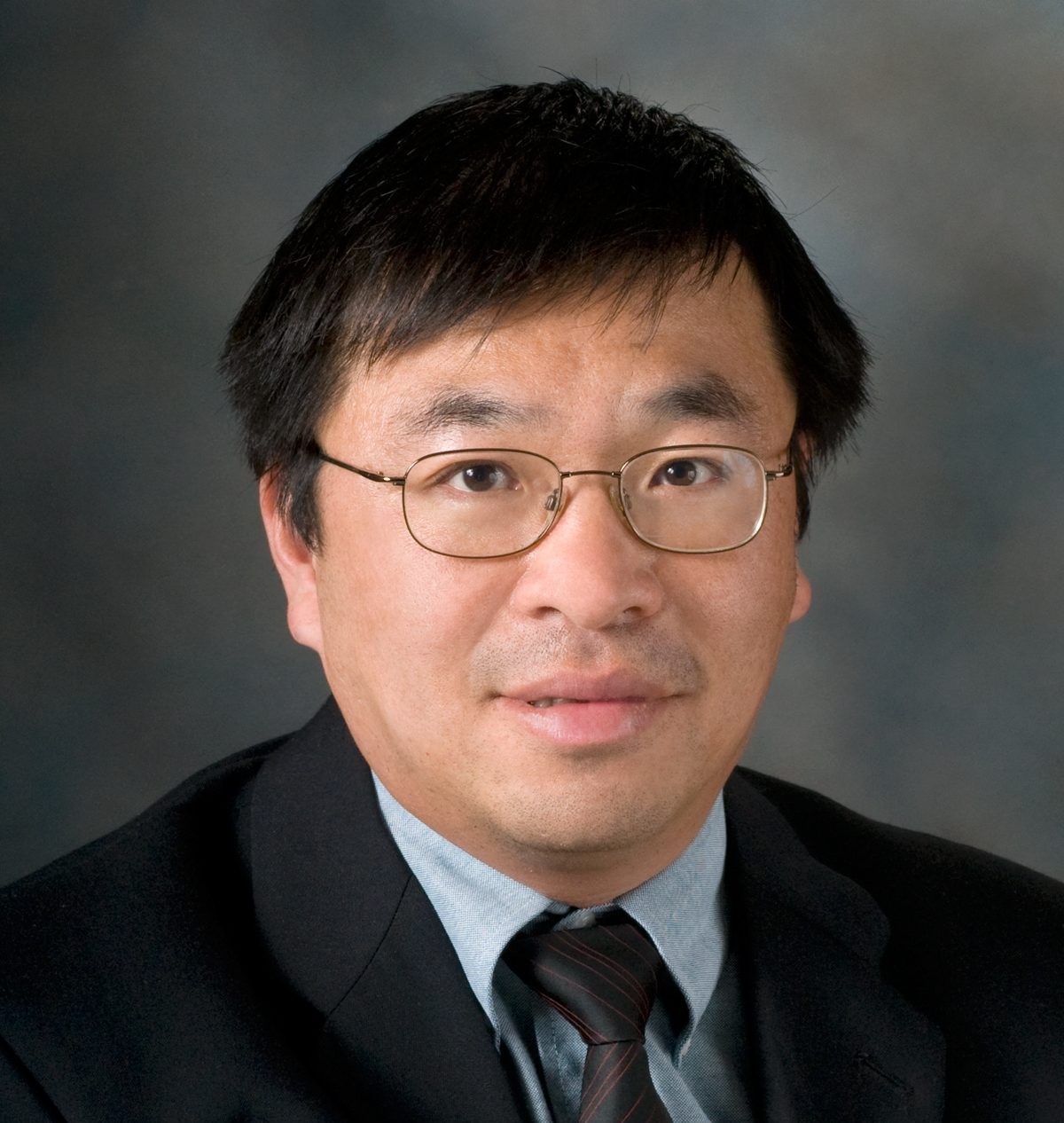
Junjie Chen
University of Texas, MD Anderson Cancer Center
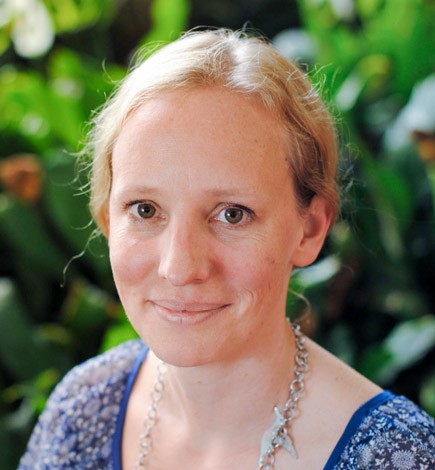
Eloise Dray
UT Health San Antonio

Wendy Fantl
Novartis
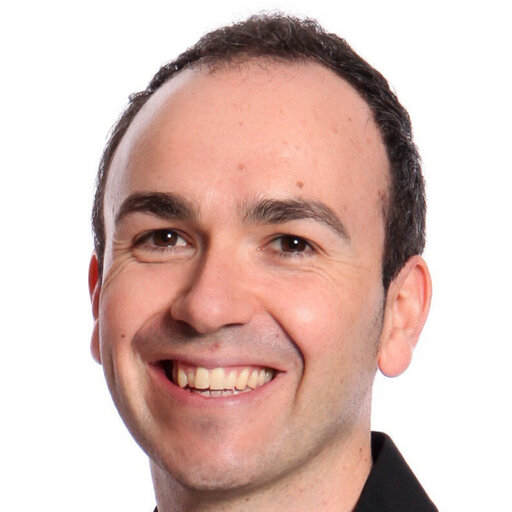
Josep Forment
AstraZeneca
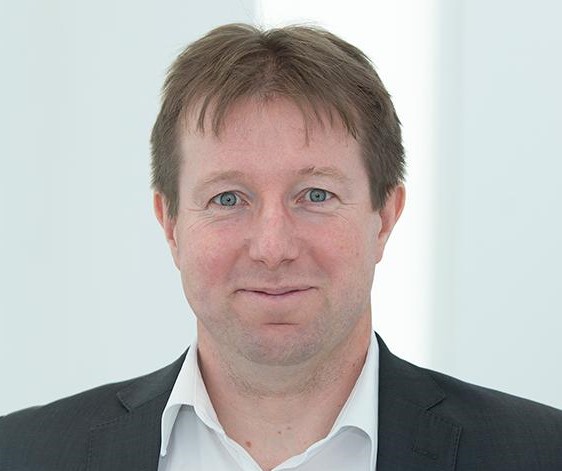
Charlie Gourley
Cancer Research UK Scotland Centre

Ben Van Houten
UPMC Hillman Cancer Center
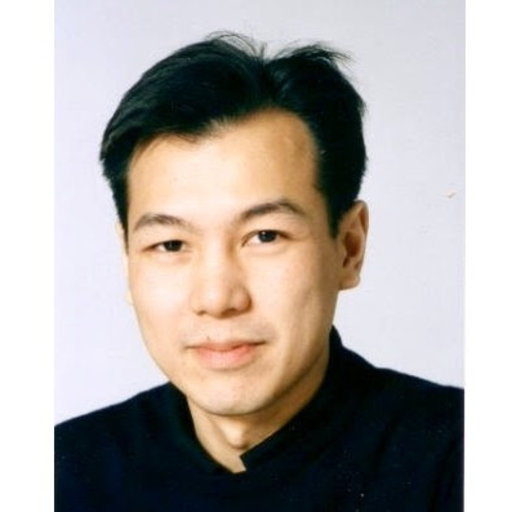
Alan Lau
AstraZeneca
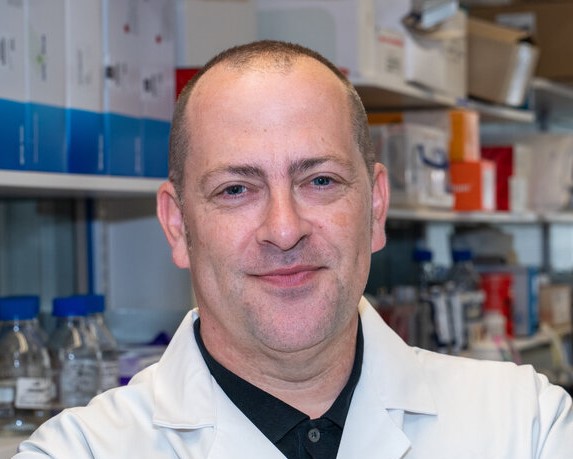
Chris Lord
Institute of Cancer Research

Ani Michaud
Promega
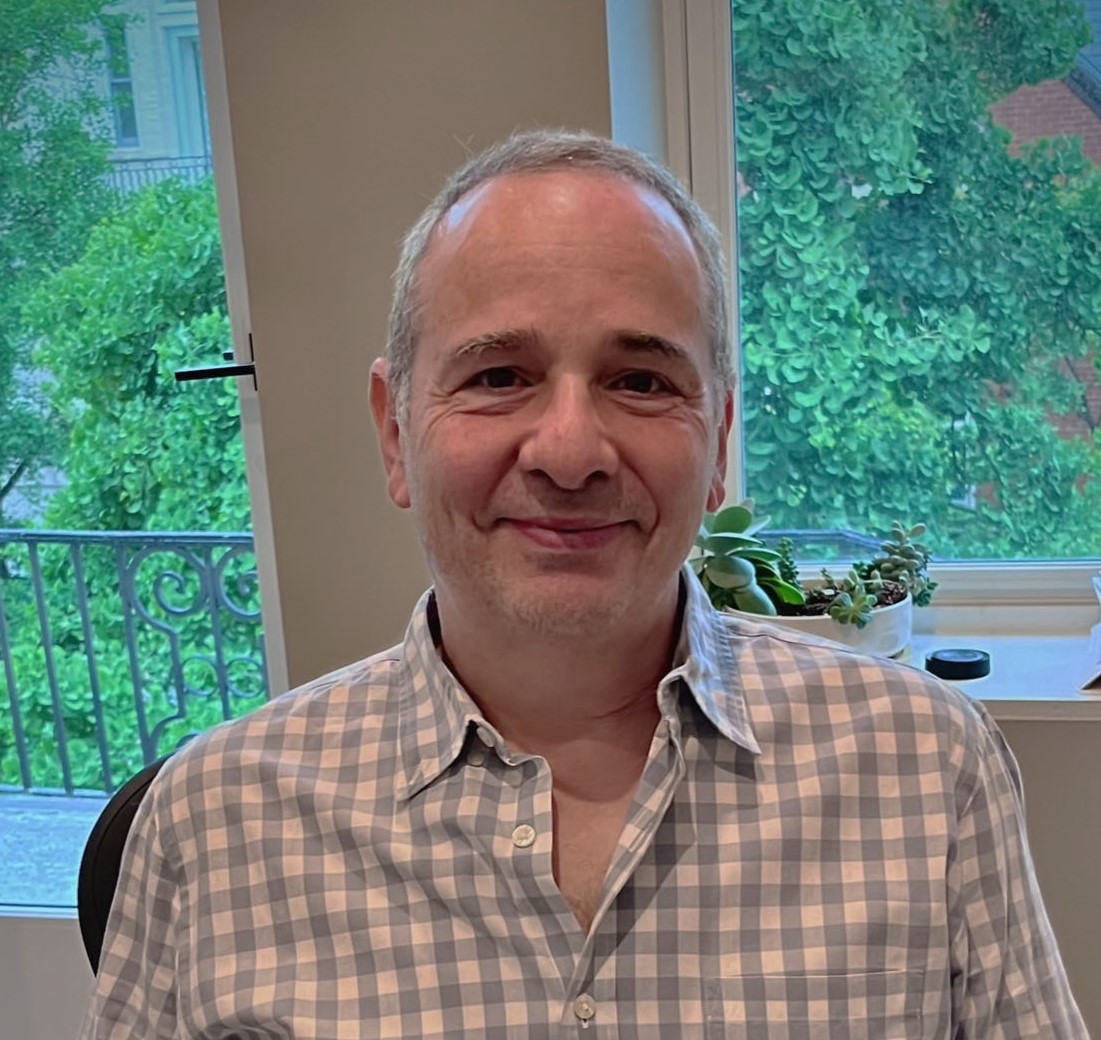
Andre Nussenzweig
National Cancer Institute

Gabriele Picco
Wellcome Sanger Institute
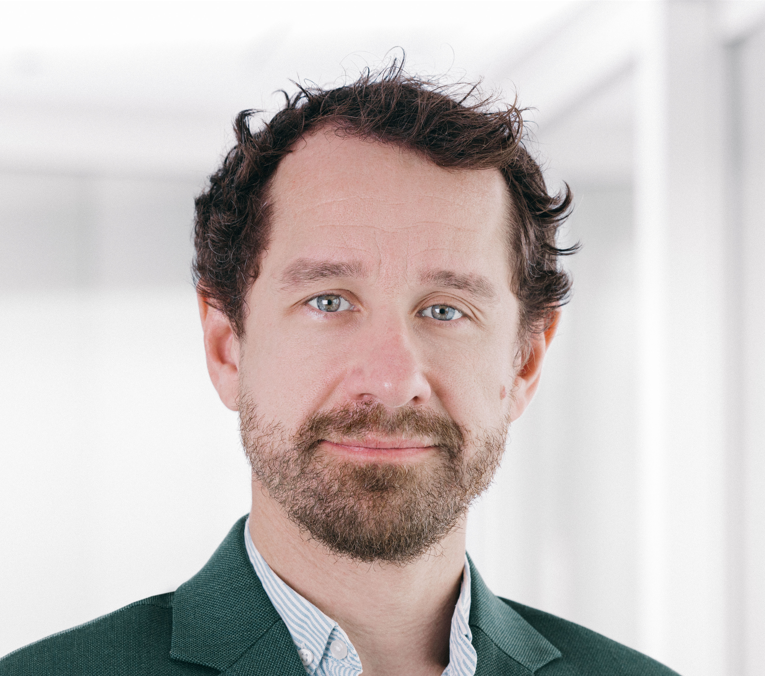
Luke Piggott
Debiopharm International SA

Yves Pommier
National Cancer Institute

Simon Powell
Memorial Sloan Kettering Cancer Center

Helen Robinson
Artios Pharma

Triparna Sen
Icahn School of Medicine at Mount Sinai

Violeta Serra
Vall d'Hebron Institute Oncology

Michael White
IDEAYA Biosciences
Programme
Grants
We have a limited number of registration grants available, to help defray the meeting costs for early career researchers. If you are a student, postdoc or junior faculty (within 3 years of your position), you are eligible. To apply please email the conference manager, Emily Meen.
Your application should include your name, organisation, career level, an abstract for poster consideration, and a short summary answering the below questions (no more than 50-100 words per question).
• What cutting edge aspects of your work will you share at the meeting?
• Why do you require financial support to attend?
• How will attending #DDRCT25 benefit your science and career?
Deadline for applications is 29 May.
Supported by
Venue & Location
Dolce CampoReal Lisboa
Located in Torres Vedras, just a 30-minute drive from Lisbon, Dolce CampoReal Lisboa offers unique tranquillity, as a result of its idyllic environment. The hotel offers stunning views over the golf course, vineyards and the extraordinary landscape of Socorro and Archeira Mountains.
The hotel has three restaurants to provide a variety of gastronomic choices, and two bars including one beside the outdoor pool.
Hotel Facilities
- Complimentary Wi-Fi in guest rooms and throughout hotel and conference areas
- Indoor heated swimming pool
- Outdoor swimming pool with Jacuzzi
- Spa
- Gym
- Golf course
- 2 Tennis courts
General Information
Venue Rating
★ ★ ★ ★ ★
Currency
Euro (EUR)
Address
R. do Campo (Campo Real) 2565-770 Portugal
Nearest Airport
Lisbon Portela Airport
Location
The Dolce CampoReal Lisboa is nestled between the vineyards and the extraordinary landscape of the Socorro and Archeira Mountains.
Lisbon is only a short 30-minute drive away. The Portuguese capital is constantly recognised as one of the greatest cities in the world, a claim confirmed by the “Lonely Planet Guides", who named Lisbon one of the world’s top 10 cities. Lisbon in one of the world’s oldest cities, predating the likes of London, Rome and Paris by hundreds of years. Hillsides covered in tumbledown houses and a mix of baroque and neoclassical buildings, including cathedrals and palaces, make up Lisbon’s skyline. The city is a combination of old and new, with beautiful modern buildings constructed near renovated historical landmarks and ruins.
Gallery
If you are interested in this meeting but not yet ready to register, you can sign up for updates here and our team will keep you updated regarding deadline reminders and grant opportunities relating to this meeting only.
If you're interested in sponsoring this conference please contact us.
Conference Manager

Emily Meen
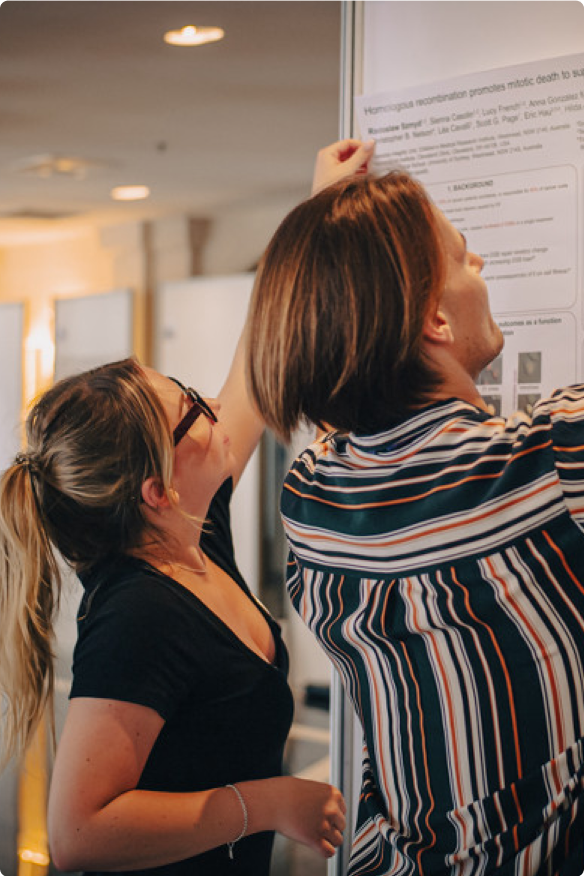

Need some help? Chat to the Fusion team today
As a family run business, our dedication runs deep. We’re committed to each other and, even more so, to every attendee’s experience, delivering a level of care and passion that’s truly unmatched.









